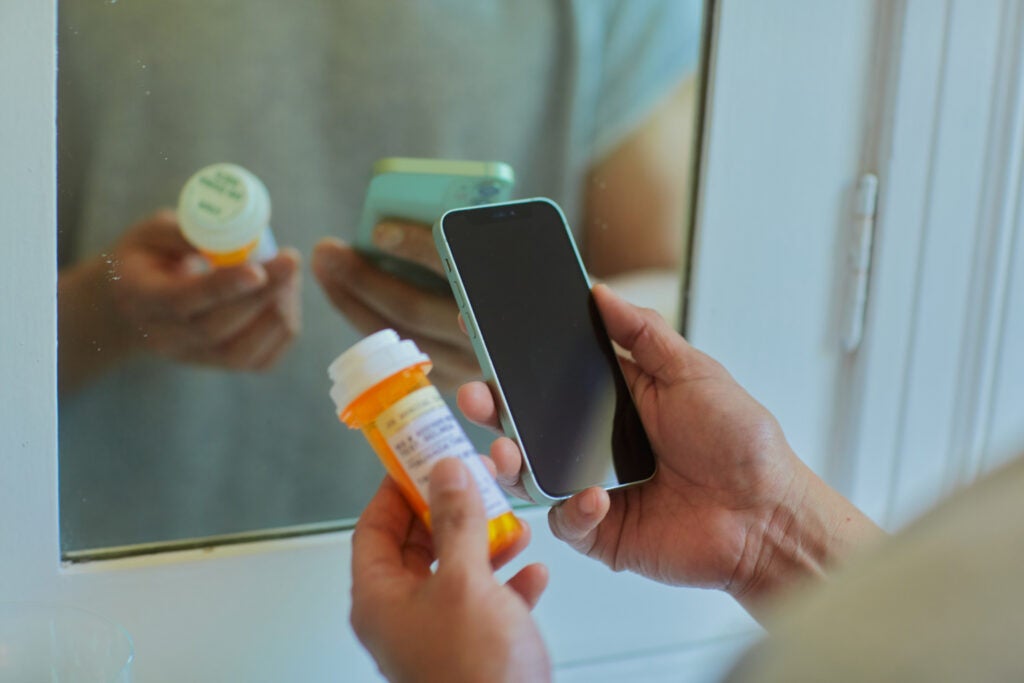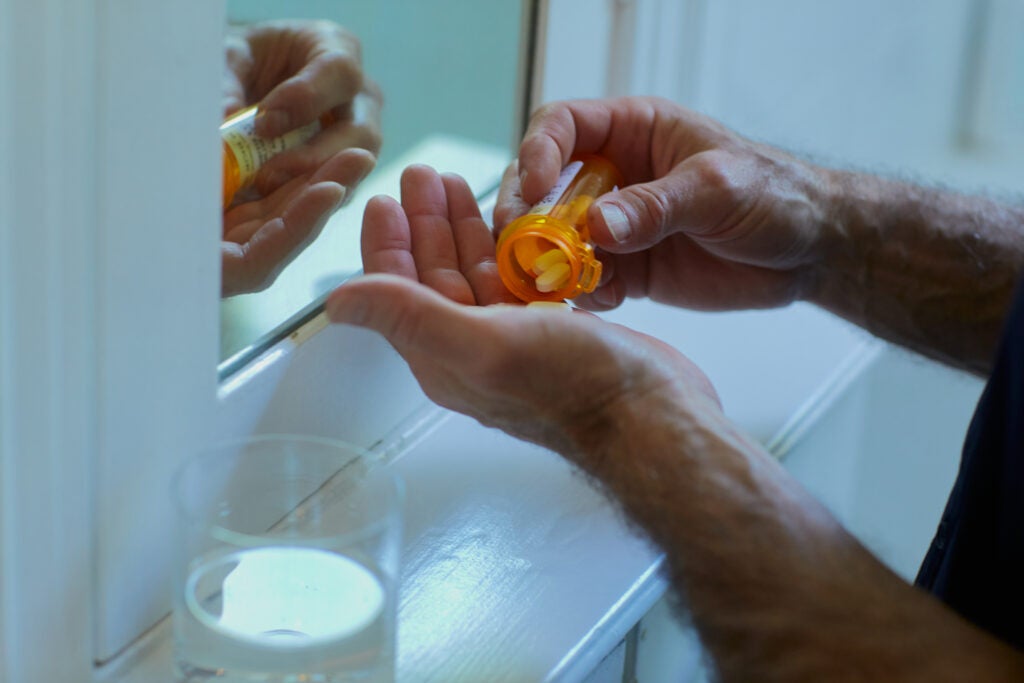HIV Testing
For decades, the Center has been a leader in caring and advocating for those living with HIV. Our medical experts are here to navigate your journey—from testing to treatment—without judgment or fear.
We're Here to Help
The Experts in HIV Testing and Care
The Center has a long history of testing and treating HIV, and our medical team is here to provide the highest standard of care—without judgment or fear. You can rest assured that getting tested is safe, quick, and easy—and your results will be delivered in a timely, confidential fashion. Plus, free condoms are available at all Center locations where medical services are provided!
HIV Rapid Tests
At many of our locations throughout Los Angeles, we offer Rapid Testing for HIV. Rapid tests only look for the HIV antibody, which is your immune response to the virus. Antibody tests can usually detect HIV 3 weeks to 3 months after exposure. Samples are collected by a finger prick or venipuncture.
HIV NAT (Nucleic Acid Test)
NATs look for the actual virus in the blood. This test should be considered for people who have had a recent exposure or a possible exposure with early symptoms of HIV and have tested negative with an antibody or antigen/antibody test. A NAT can usually detect HIV 10 to 33 days after exposure. Samples are collected by venipuncture. Walk-in testing is not guaranteed and will be based on availability, so scheduling an appointment would be highly recommended.


Looking for Patient or Registration Forms?
At some point in your health journey at the Center, your provider or our Call Center may reference patient forms. We’ve made a list—organized by category—and subsequent contact information, just in case you need more help.
Click HereFAQs about HIV
HIV (“human immunodeficiency virus”) is the virus that causes AIDS (“acquired immunodeficiency syndrome). If left untreated, HIV may lead to a diagnosis of AIDS, which generally means a higher risk for more serious medical conditions. It’s important to note that you can’t get AIDS without first being infected with HIV—and in many instances, those who are infected with HIV end up never developing AIDS. However, once someone tests positive for HIV, the virus (like many other kinds of viruses) stays in the body for life.

